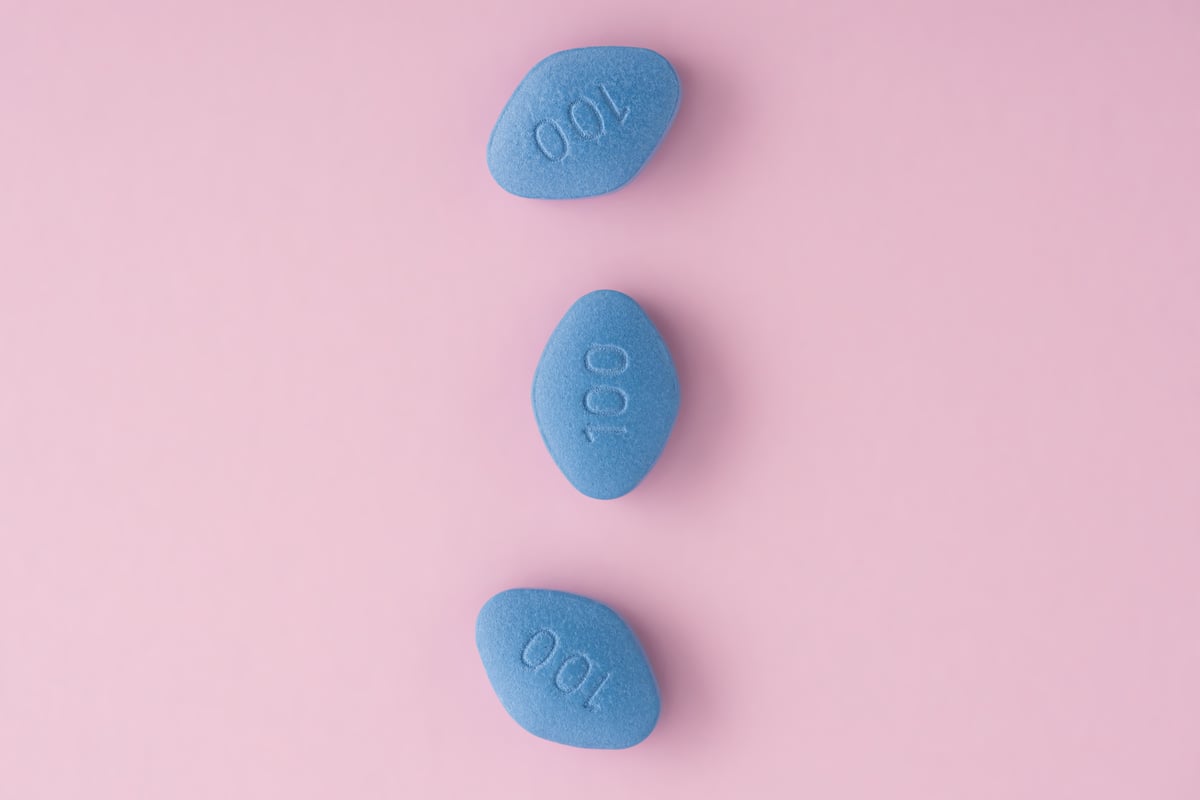
Like pretty much every area of women's health, sexual dysfunction is just another thing that's not really spoken about.
And there are a few reasons for this. One is a lack of research into these health issues. Another is the history of gendered notions and stigmas that cloud possible symptoms and diagnoses. Then there's the fact that many women find it embarrassing to talk about their sexual health.
Meaning? The underdiagnosis of sexual health problems. Because while it may be 2024, there's a whole heap of common medical diagnoses and conditions you're probably more likely to miss just because you're a woman.
Watch: If your period was a person. Post continues after video.
One of those conditions is female sexual dysfunction (FSD) — a complex disorder that can be caused by a variety of factors, including relationship disorder, orgasm disorder, arousal disorder, pain, hypoactive sexual desire disorder (low libido).
But did you know there's actually a female version of Viagra that can help? Yes, there's a pill on the market to treat women with low sex drive and chances are, you've probably never heard about it.




























































































